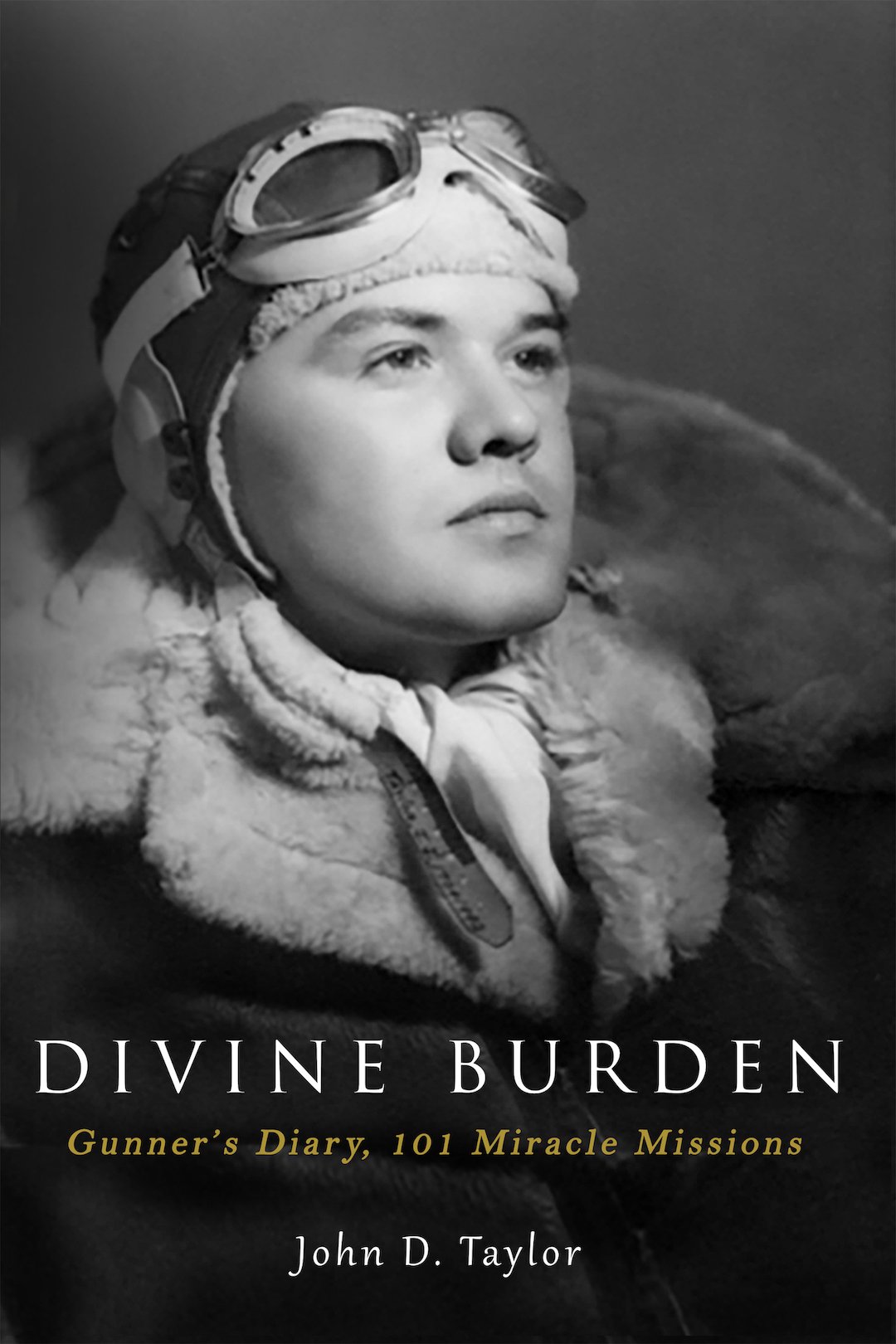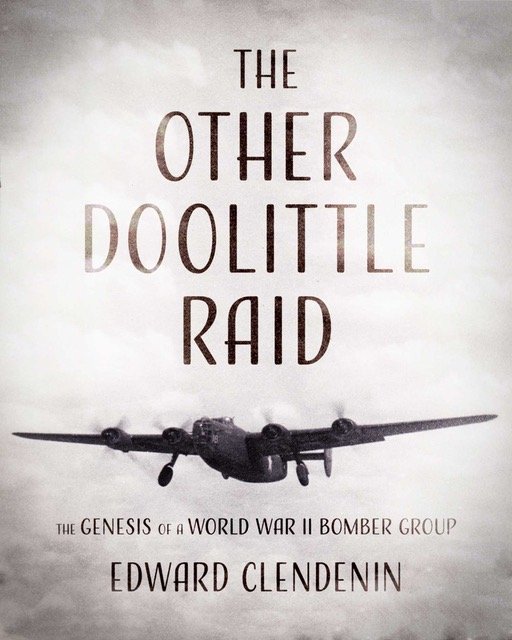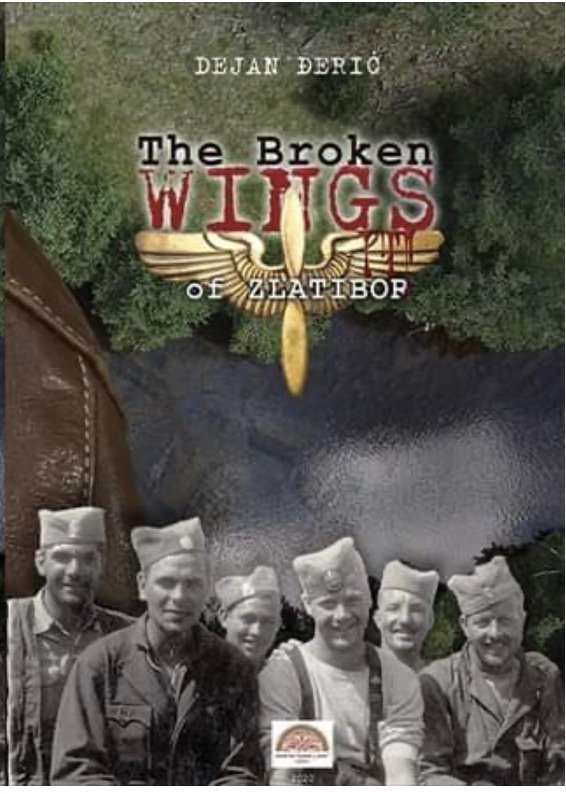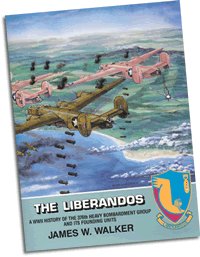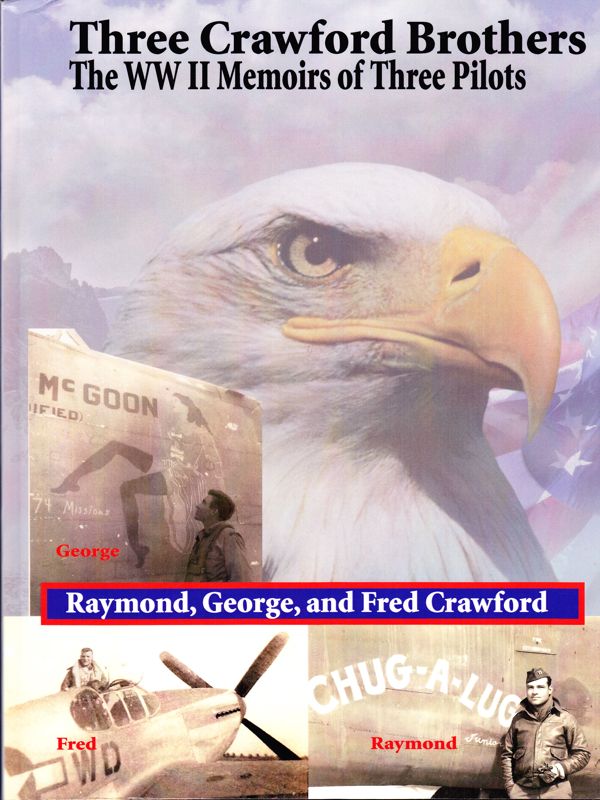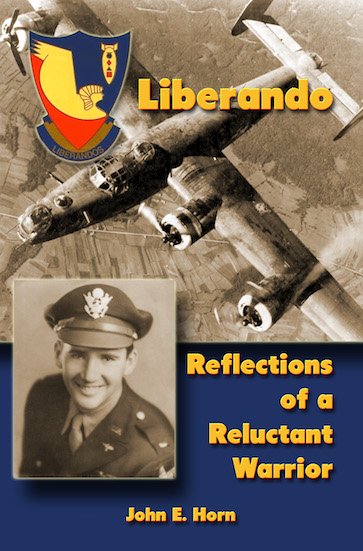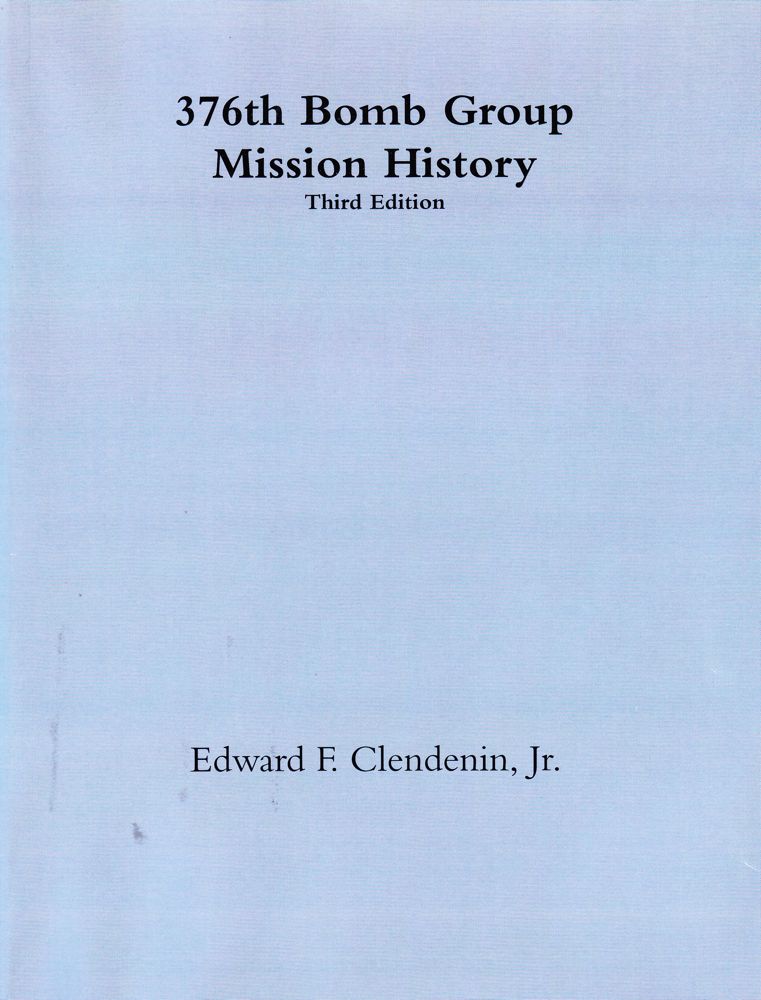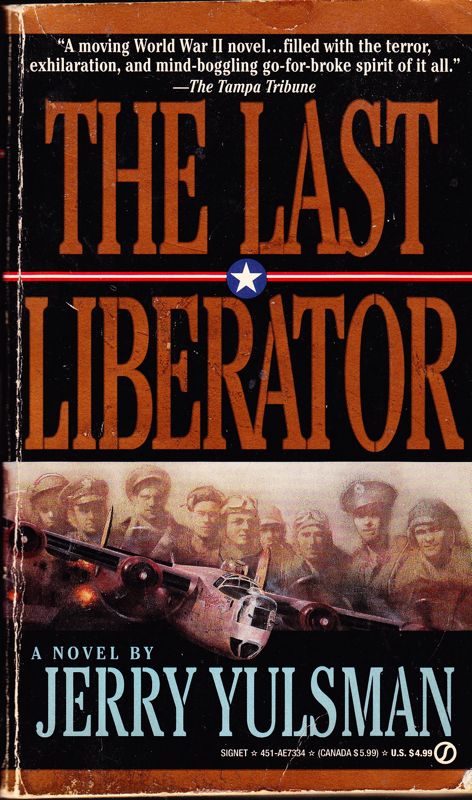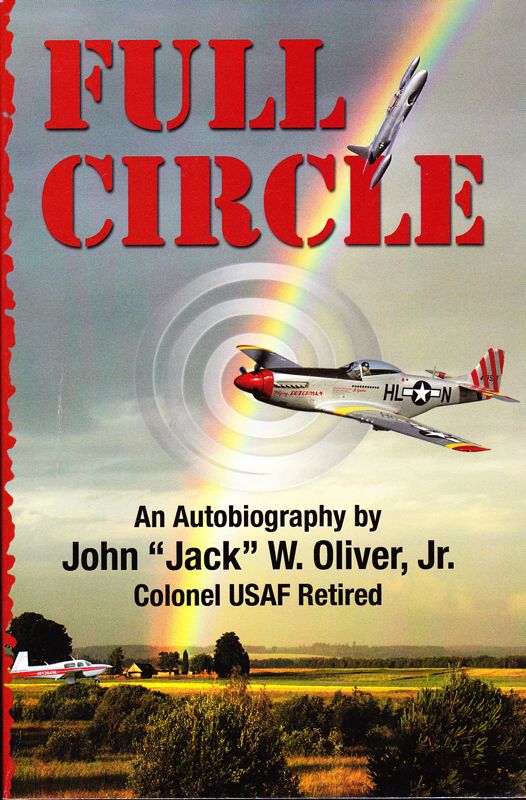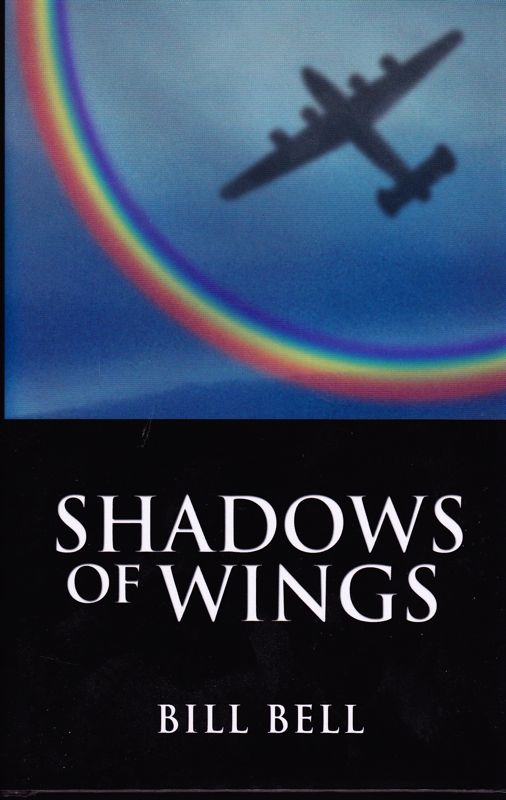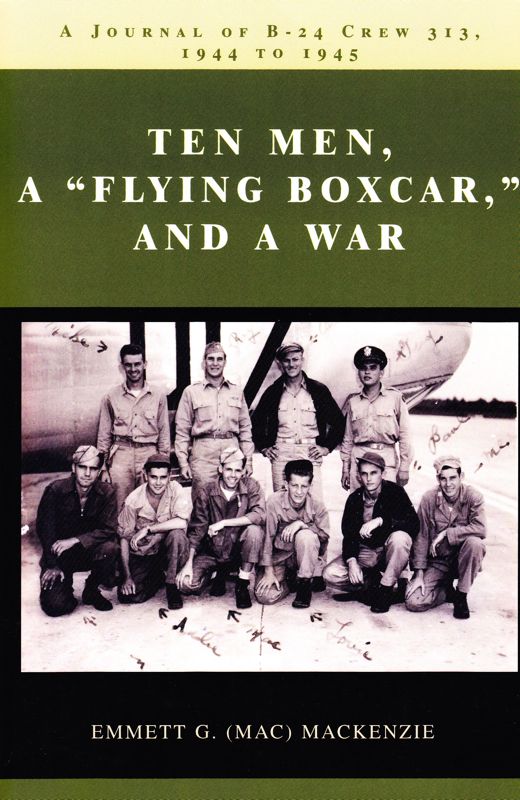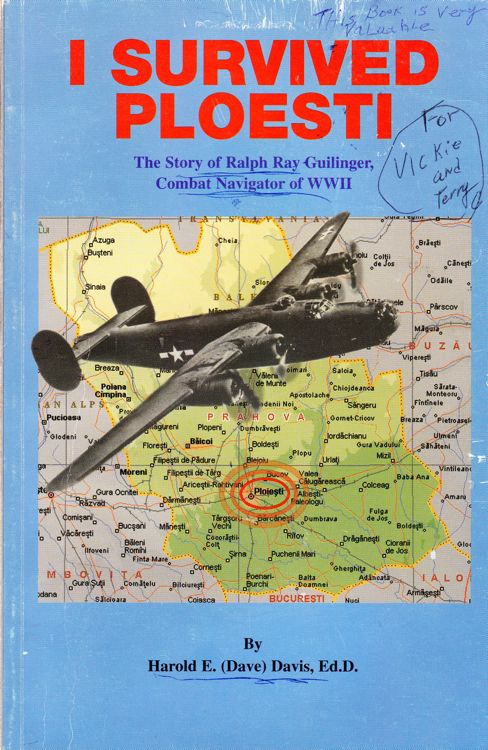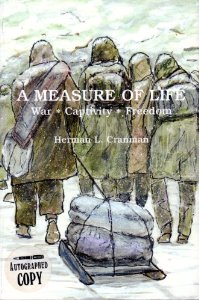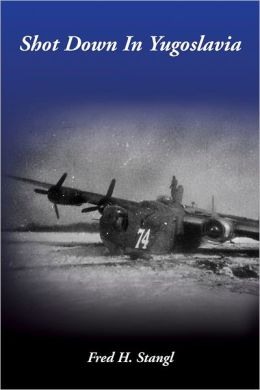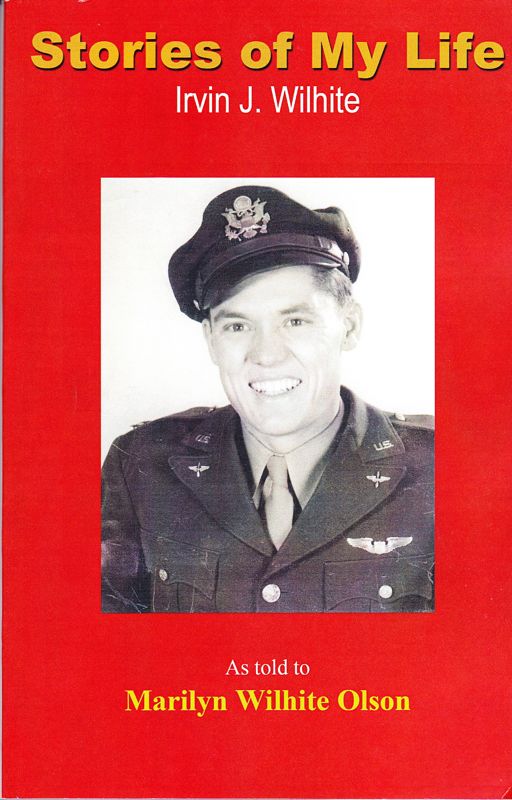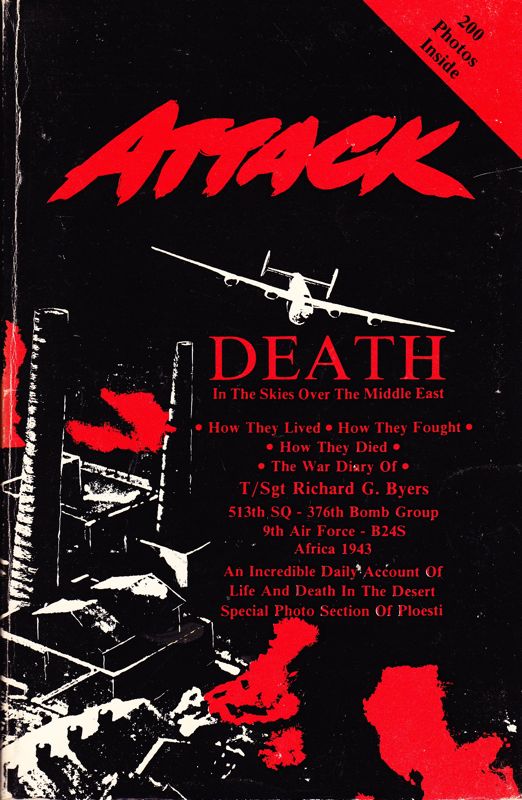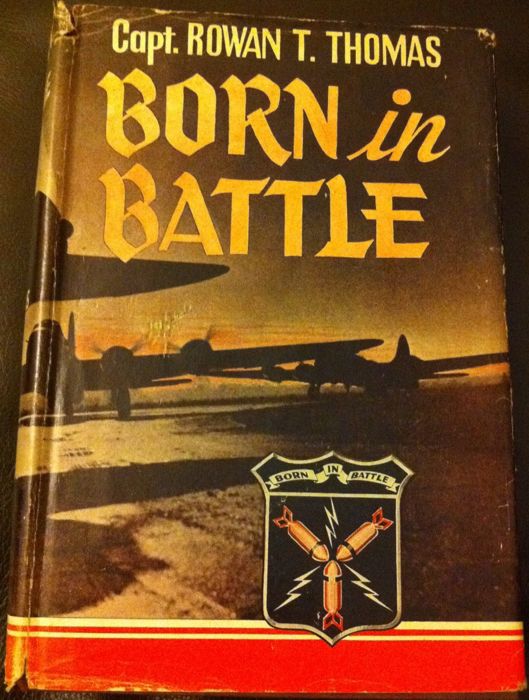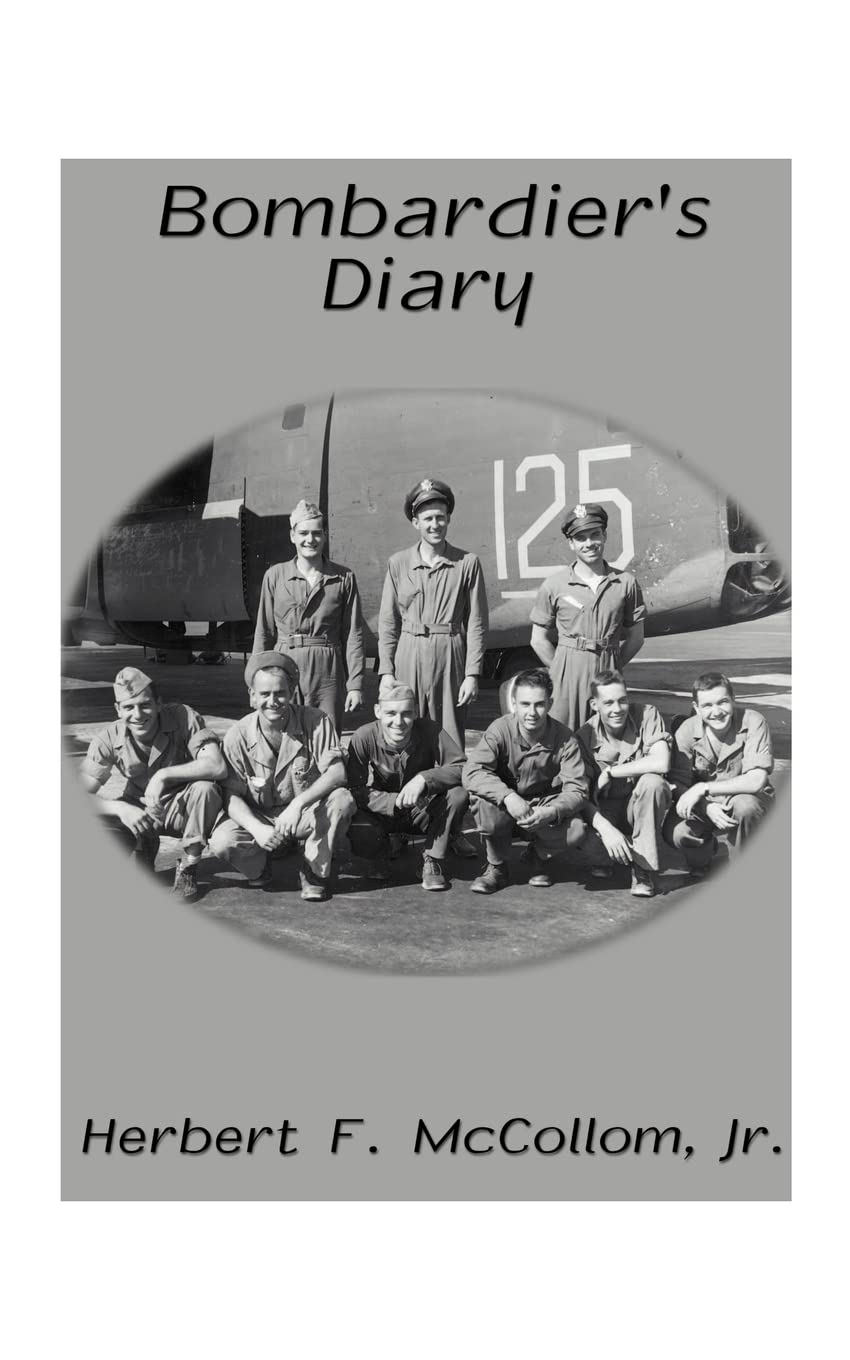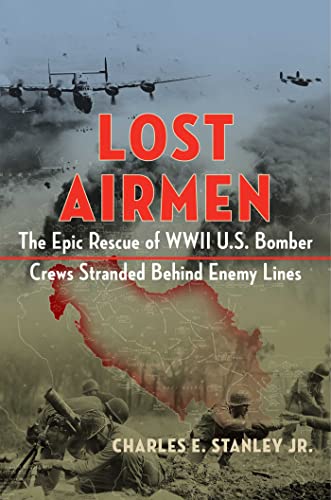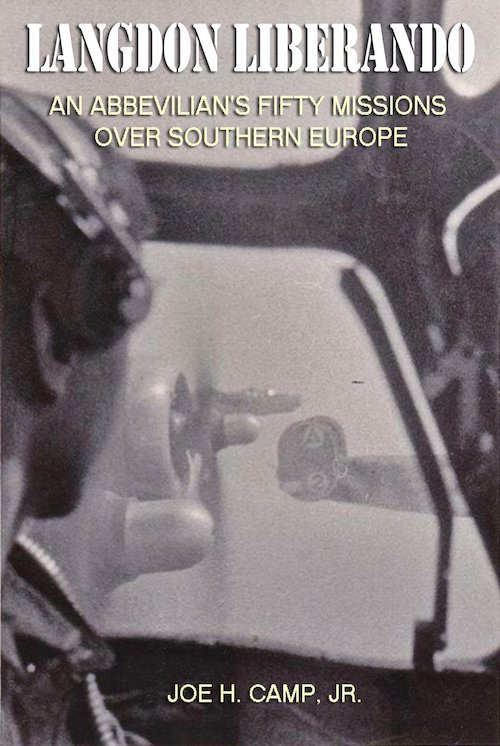Albert Story Narrative Chapters 6 & 7
Interned in Turkey
Our landing in Turkey seemed to present a problem for the Turks. They were faced with the problem of what to do with twenty-eight American fliers. Our first few days, we were put up in the Turkish Military Academy while they searched for a more permanent accommodation. Finally they decided to put us up at a place outside of Ankara called Chiflik. Chiflik means farm in Turkish. There were about a dozen houses, a grade school and a small restaurant nearby. We were housed in the school, which was out for the summer. Bunks were installed in the classrooms and our guards escorted us to the restaurant twice a day for meals. With our six dollars per day per diem and our military salary we managed pretty well. We were not allowed off the school grounds without being accompanied by guards, but there were several young people living in the nearby houses and even though the Turkish Government didn’t appear to be pro American, the people did and that is where I began to learn Turkish. Pretty soon we were carrying on long discussions in Turkish.
By the end of August we had to be moved so that the school could re-open Accommodations were found for us in Ankara. Our new facilities were in an old four-story hotel in a somewhat run-down part of town. We Americans and the British flyers were housed on the third floor and about twenty Russians were on the fourth floor. We lived two to a room. My roommate was Bobby Albertson a radio operator of one of the other planes. Bobby and I always got along very well. German, Italian and French flyers were also there, but they were kept in another facility in another part of town. Our Turkish guards, Ahmet, Mehmet, Mahmoud, Mustafa, Satalmoush, (rhymes with “bottle- push”) and Emin kept guard at the stairwell between the second and third floors. Emin was fluent in English. The first four mentioned were rather dull, but Satalmoush and Emin became friends and we carried on lots of conversation. With Satalmoush , it was always in Turkish. The captain of the guard was a pompous man named Ismet. He spoke German and didn’t seem to like the Allies at all.
During the first four months we were confined to this third floor, only being let out under guard for such things as visits to a dentist or to see a doctor. Life for some of our people became pretty boring. We did visit regularly with the Russians on the floor above us. I even picked up a few Russian words and phrases from them. The Turks provided a concessionaire who sold beer, tea, cigarettes and some type of sweet cakes. Consequently a few of our people quickly became addicted to alcohol, smoking, and playing cards. A few became quite morose and spent a lot of time just moping. The internees from the other countries were able to sign paroles and were allowed the freedom of the city. We wondered and asked our embassy why we were not allowed paroles and were told that there were no provisions in our law providing for paroles. We found out later that there was more to it than that. To be continued.
Chapter 7 Interned in Turkey Part II
We all quickly settled into our life of boredom. Occasionally, things would happen to break the monotony. One day we were all escorted to the airport to observe a military display by units of the Turkish Army. A parade was followed by demonstrations of paratroops. Before the parade began we observed Captain Ismet approaching. Just before he reached us, Americans, British and Russians, a group of some forty or fifty men stood and gave Ismet the Nazi salute. This was the first time we had seen the German Internees. As I had mentioned earlier, Ismet had studied in Germany, which explained his Nazi leanings. When he walked past our group he was greeted with stony silence.
According to the Geneva Convention, Turkey was allowed to claim the B-24s that we had arrived in. Only one of the planes was in flying condition. The Turks asked if our people would teach them to fly it. Four pilots and two flight engineers agreed to help them. These people were accordingly moved to the City of Eskeshehir where the Turks had an airbase. We didn’t hear much of these six for several weeks. One day we were elated to learn that the six Americans had flown out with the B-24. They had carefully monitored the fuel onboard and concluded that they could make it to Cyprus so one morning while the Turks were being briefed in the hangar, the Americans all climbed aboard and took off. They were successful in reaching Cyprus and rejoined the Unit, which was now the First Provisional Heavy Bomb Group. HALPRO had been incorporated into this group, which included our B-24s, plus six B-17s that were moved over from India.
There was now lots of talk about escape and we now understood why our Government would not let us sign paroles. They were working on getting us out of there. One day, Lt. Wicklund came into my room and gave me a large rope and asked if I could keep it coiled under the mattress. He said he would tell me when to use the rope. Upon the signal, I was to tie the rope to one of the plumbing pipes running vertically down through the room, let it out the window, leave the room for fifteen minutes, then retrieve the rope and re-coil it under the mattress. Several days went by. Then one evening he told me to put the rope out. This I did and returned to dining room where everyone was sitting around doing their usual things, drinking beer, telling tall yarns and smoking. I waited and said nothing to anyone. After fifteen minutes, I retrieved the rope and replaced it under the mattress. Finally, I went to bed and spent the rest of the night wondering what had happened.
Next morning, I kept looking around trying to figure out who, if anyone was missing. All the enlisted men were at breakfast, but since the officers ate in a different room, it was difficult to tell. It wasn’t until late the next evening that the guards began to notice that someone was missing. We were all lined up and we had a roll call. Then it was determined that three officers were missing. They were Nesbitt, Walker, and Anderson, the three highest- ranking among us. Next morning, we were all gathered in a room where Captain Ismet, all dressed in his uniform with shiny boots and with hands clasped behind his back paraded back and forth and kept asking where the missing officers were. Of course, none of us knew where they were and wouldn’t have said if we knew. In typical G.I. fashion, after Ismet had done his parading, someone put some words to the tune of the old WW I song, Mademoiselle From Gay Paree. It went something like this:
The Captains took it pretty far parley vous.
The Captains took it pretty far parley vous.
The Captains took it pretty far now Ismet’s wondering where they are.
Hinky dinky parley vous.
The website 376bg.org is NOT our site nor is it our endowment fund.
At the 2017 reunion, the board approved the donation of our archives to the Briscoe Center for American History, located on the University of Texas - Austin campus.
Also, the board approved a $5,000 donation to add to Ed Clendenin's $20,000 donation in the memory of his father. Together, these funds begin an endowment for the preservation of the 376 archives.
Donate directly to the 376 Endowment
To read about other endowment donation options, click here.
Reunion
NOTE change in the schedule !!
DATES: Sep 25-28, 2025
CITY:Rapid City, SD
HOTEL: Best Western Ramkota Conference Hotel; 2111 North LaCrosse St., Rapid City, SD 57702; 605-343-8500
Click here to read about the reunion details.
